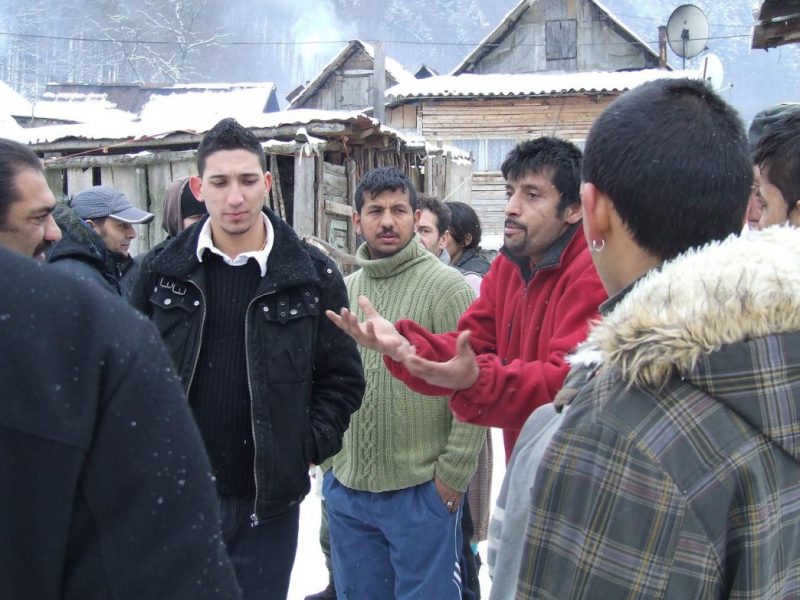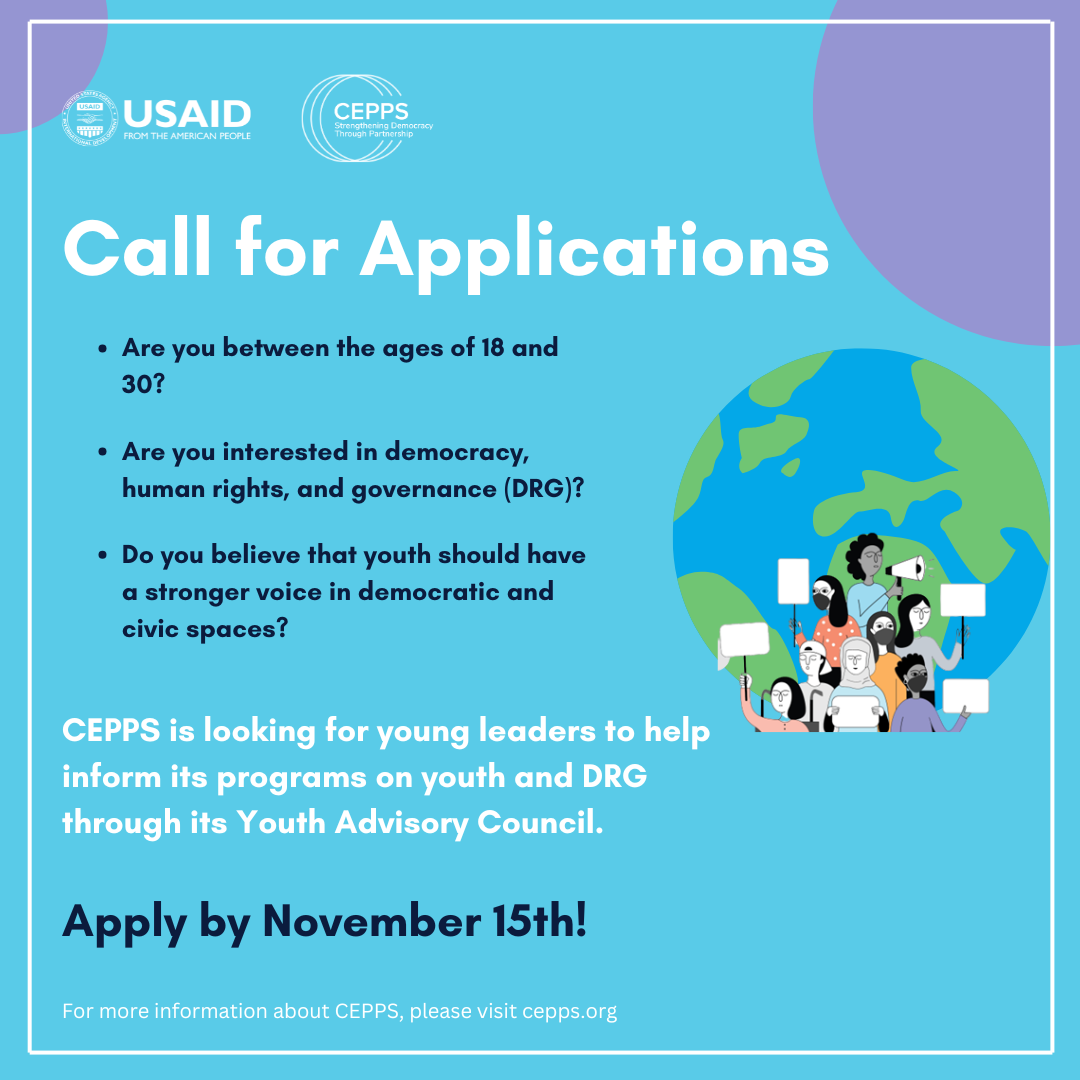In democratic systems, political parties should provide opportunities for citizens to oversee or influence their government. In many places, however, political parties are too weak, too personality-driven, too constrained by oppressive governments or too out of touch to play this critical role in democratic governance. Developing more vibrant and inclusive democracies requires citizen-centered approaches that help people increase their engagement with and influence over political parties. For instance, through issue-based voter education, debates, citizen platforms, and political process monitoring efforts, civic groups can encourage political parties to: increase their focus on policies; involve citizens in policy processes; and improve service delivery.

Intended for the donor community and democracy and governance practitioners, this publication (download) outlines lessons and recommendations for using citizen-centered approaches to promote more policy-focused political parties. Based on lessons learned from programming in Belarus, Liberia, Slovakia and Uganda, the publication offers the following recommendations to strengthen future programming.
—
View original story at NDI.org


